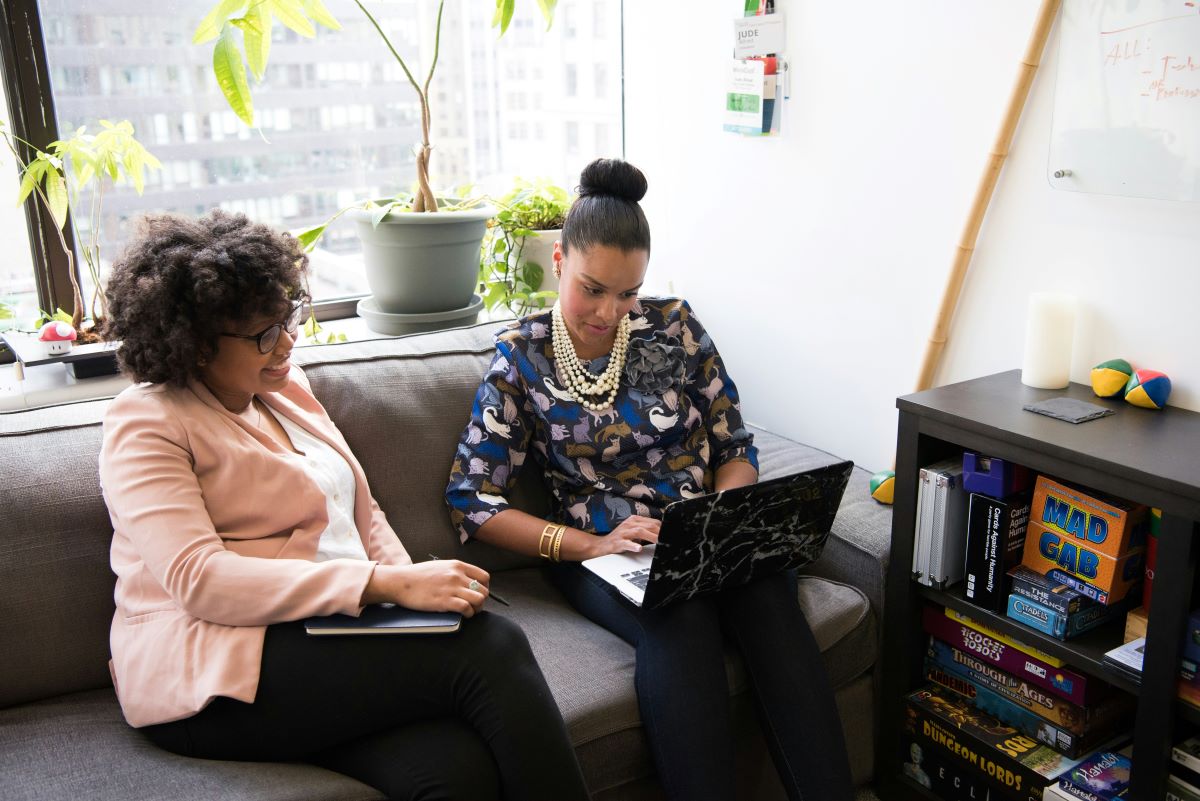
[Flash] Not For Me… Rethinking Boundaries
|
I discovered a simple yet powerful boundary dining with new colleagues at a trendy restaurant in Chicago.
I ordered a glass of wine, and the waiter asked, “Can I recommend something I think you’ll enjoy even more?” I said, “Sure…” (because my default is set to “yes”) He brought us a taste of his favorite wine. It was good (not great), but I’m a people-pleaser, so I said, “I’ll take it.” As the tasting traveled around the table, everyone else said, “Me too.” Until we got to Gena. She took a sip, smiled, and without hesitation, said confidently and unapologetically, “Not for me.” She then ordered exactly what she wanted. She wasn’t concerned about offending his feelings or ours. My boundary envy soared! I immediately respected this new friend and inhaled her inadvertent mentoring. Typically, we consider boundaries as limitations, such as, “I cannot commit.” “I don’t appreciate that tone.” “I only work until 5.” But boundaries are not just about restricting or refuting. Boundaries can be a communication of priorities and preferences. Therapist Nedra Glover Tawwab says, “We place boundaries for ourselves, not for other people. It’s about what we can do in the future; it’s not always about what the other person needs to do.” So, what’s the challenge? Why do we hesitate to communicate what we want? People-pleasing and social conditioning are largely to blame. We tend to orchestrate our words and actions to nurture and protect people’s emotions. We work hard to avoid letting people down – this is known as “emotional labor.” The Boundary Boss author Terri Cole says, “Asking for what you prefer does not mean you are criticizing someone else.” When we can distinguish that a “No” is about the situation, not the person, we can unchain ourselves from this emotional labor. Which makes “not for me” so brilliant! Undoubtedly, I’m referring to the situation and not the person, without any need to justify or elaborate. So, when should we start using this power-packed phrase? Nedra says, “Notice how you feel. Feelings tell you when and where you need more boundaries to feel less anxious, sad, or frustrated.” Ultimately, communicating a boundary – even as simple as “not for me” – fuels self-respect. And without self-respect, we cannot learn or grow, regardless of the caliber of the mentoring. © 2024. Ann Tardy and MentorLead. www.mentorlead.com. All Rights Reserved. |








